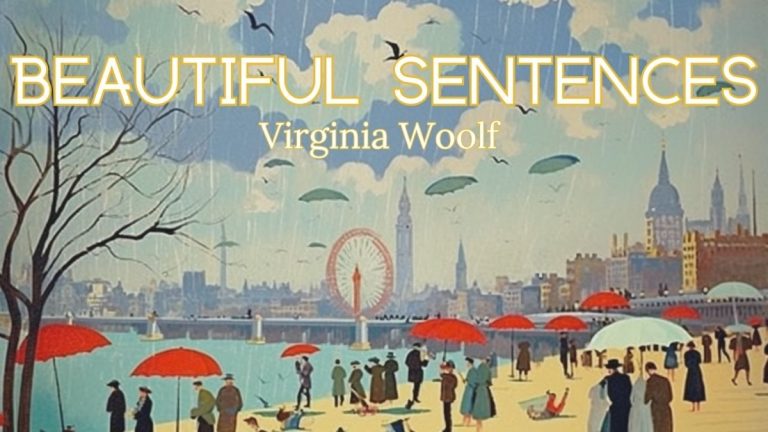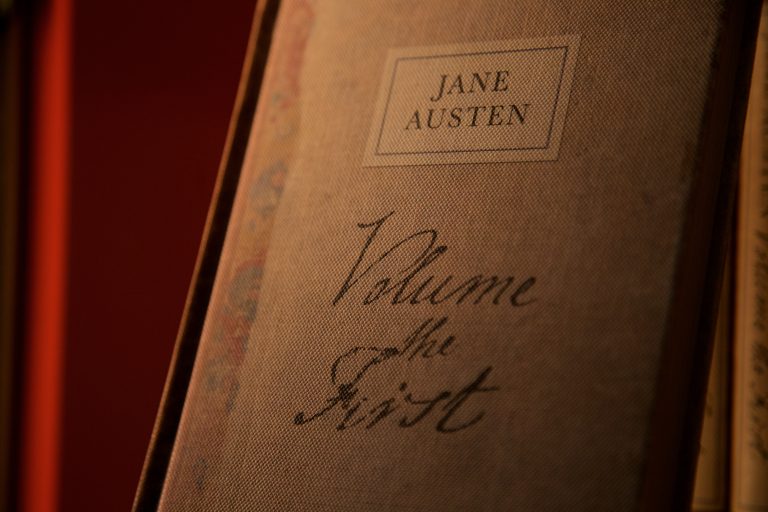Deliberate Practice: Moby Dick. Analyzing The Opening
Deliberate Practice: Moby Dick by Herman Melville
Deliberate Practice using Moby Dick. It’s a heck of a place to start.
Firstly, I am no expert. I am someone working on getting his writing better, and to do that, I am deliberately practising, by writing out and analysing what makes the masters masterful in their prose.
My deliberate practice in my writing actually begins with me writing out the passage by hand. I’ve done that. I have notebooks full of beautiful words written by other people, but here, on this page, I cut and then I pasted. Forgive me for my short cut.
Here we begin our analysis of the first part of Moby Dick. What makes the writing so good? What techniques does Melville use that please his readers so much?
Call me Ishmael. Some years ago—never mind how long precisely—having little or no money in my purse, and nothing particular to interest me on shore, I thought I would sail about a little and see the watery part of the world. It is a way I have of driving off the spleen and regulating the circulation. Whenever I find myself growing grim about the mouth; whenever it is a damp, drizzly November in my soul; whenever I find myself involuntarily pausing before coffin warehouses, and bringing up the rear of every funeral I meet; and especially whenever my hypos get such an upper hand of me, that it requires a strong moral principle to prevent me from deliberately stepping into the street, and methodically knocking people’s hats off—then, I account it high time to get to sea as soon as I can. This is my substitute for pistol and ball. With a philosophical flourish Cato throws himself upon his sword; I quietly take to the ship. There is nothing surprising in this. If they but knew it, almost all men in their degree, some time or other, cherish very nearly the same feelings towards the ocean with me.
Grammarly & Moby Dick
Grammary doesn’t mind Melville’s grammar much. It does think there should be a comma after:
“With a flourish, Cato throws himself…”
But this is because of the general introduction that any introductory adverbial clause (of manner) should be followed by a comma.
It doesn’t like his long sentence beginning “Whenever I find myself growing…” though to my mind, that’s what makes this passage special.
It thinks that ‘this’ in “This is my substitute for pistol and ball.” has an unclear antecedent, but I guess the antecedent is clear for most humans. The antecedent is this whole desire to get to sea to avoid melancholy and anger.
It finds his eighty-seven word sentence too long, but let’s give Grammarly a break. It’s only young. It’ll develop.
Sentences in Moby Dick
We know that by alternating short and sentences we can produce a mellifluous effect, so Melville begins with a short imperative sentence:
“Call me Ishmael.” Three words. Sentence length goes like this:
[*** ]
[ ********************************************** ]
[ *************** ]
[***********************************************************************************]
[********]
[**********]
[******]
[******]
[**************************]
3, 40, 15, 87, 8, 10, 6, 6, 26.
Short, long, middling, long, short, short, short, short, long. And this sounds nice.
Deliberate Practice: Moby Dick & Prosody
I mean by this, those aspects that deal with rhythm and sound: the music of writing, and though often thought of as being only relevant to poetry, prosody in prose is very important in making us think writing is great.
In the British Army, and possibly elsewhere, there is a saying: ‘bullshit baffles brains.’ In the same way sound often baffles semantics. Is rain right? Are cats curious? Were doornails even ever alive?
We’ve already begun to talk about prosody when we discuss sentence length.
Converting Moby Dick To Commas and Brackets
We touch on the battle between the Romantics and the Data Dudes here. Romantics believe good writing arises from the soul, prompted by the muse, almost divine in origin. To attempt to tamper with it is to misunderstand beauty.
Gandalf The Grey, that old Romantic, said:
He that breaks a thing to find out what it is has left the path of wisdom.
But I’m not breaking Moby Dick, I’m analysing it. Of course analysis means unloosening, or unravelling.
We are looking for patterns and how to replicate them, but I suppose that reveals my belief that writing is craft not inspiration. Though, we know from other professions (such as nursing, Patrician Benner: From Novice to Expert), and from learning to drive, that once we have mastered something, the craft is no longer on the surface and might appear as inspiration when in fact it is just the mind and hand travelling well-trodden paths to achieve our result.
In this notation ___ is the main clause, and ( ) is a subordinate clause. These clauses can be split by breaths, sometimes shown as commas, but the clause organisation tends to indicate the rhythm.
[ ] mark the beginning and end of a sentence.
> is a essential relative clause
Also, I have said above that I’m interested in sound rather than meaning, and that good sound supplies the illusion of meaning, but I’m not super sold on that. Meaning has its place. In a periodic sentence we await the main verb through cumulus clouds of subordinate clauses, the tension of not actually knowing what the author is talking about until the end driving us crazy.
Think what it must be like for the Germans. All of their sentences are periodic.
So, a periodic sentence is going to look like this:
[ ( ), ( ), ( ), ( ), ___ ] .
For reference a cumulative sentence looks like this:
[ ___ ( ), ( ), ( ) ].
The ___ is where the punch of meaning lives. Let’s look at Moby Dick.
[ ___ ].
[ ( ) —( )— ( ) , ( ), ___ ( )].
[ ___ , ( ) ] .
[ ( ) ; ( ) ; ( ( ) ) ; ( (> , ) — ) , ___ ].
[ ___ ] .
[ ( ) ___ ] ;
[ ___ ] .
[ ___ ] .
[ ( ), ( ) , ( ) , ___ ] .
Deliberate Practice: Moby Dick & Rhetoric
Melville likes playing with the length and type of his sentences. Though as an aside, he doesn’t use cumulative sentences in this section of the book. A cumulative sentence has main clause, then a trail of subclauses so:
[ ____ , ( ) , ( ) , ( ) ] .
Melville also uses formal rhetorical devices.
Alliteration
—never mind how long Precisely—having little money in my Purse and nothing Particular to interest me on shore,
…the Watery part of the World. It is a Way I have
Damp, drizzly
strong moral principle to prevent me from deliberately stepping into the street
Anaphora
Beginning a phrase with the same word or group of words.
Whenever….
Whenever…
whenever…
Also the use of triplets and doublets, things repeated thrice or twice. He repeats whenever four times in fact. The fourth one is not at the beginning of a phrase so is not anaphora but is just ploce or general repetition.
Doublets
A syntheton is two nouns or noun phrases joined by a conjunction. There is mostly no additional meaning to be gained by using two nouns, it’s merely a rhetorical effect and is used all the time by everyone.
little or no money
pistol and ball
some time or other
Arguably, the meaning would be the same if he just wrote:
no money
pistol
some time.
He uses the doublets for their sound, not their meaning.
Deliberate Practice: Moby Dick & Symmetry
…Cato throws himself upon his sword. I quietly take to the ship.
It’s not quite an isocolon (Roses are red. Violets are blue.)
It’s more like a chiasmus: (ask not what your country can do for you, but ask what you can do for your country)
Aphorisms
We like the pithy stating of general truths. “All men are apes.” Even if, on examination, we find the aphorism fallacious, the nature of these brief, gnomic sayings seems to half convince us.
So, Melville says,
If they but knew it, almost all men in their degree, some time or other, cherish very nearly the same feelings towards the ocean with me.
No, I don’t, but he almost had me persuaded.
Deliberate Practice: Homework
Write three sentences. The first and last are short ones that can be declarative or interrogative or imperative, so ‘It is pasta,’ ‘Is it pasta?’ and ‘Call it pasta!’
The middle one is long and periodic. So, begin with a clause, then add another clause, then another clause, then another clause, then another clause. Go on as long as you want, then finish it with a short main clause. Remember the main verb is in the final clause then full stop, period.
[___] .
[ ( ), ( ), ( ), ( ), ( ), ( ) ___ ] .
[ ___ ].
And, if we are right, it should sound really good.






